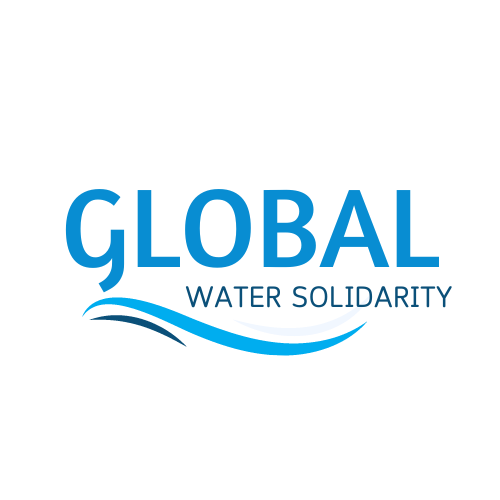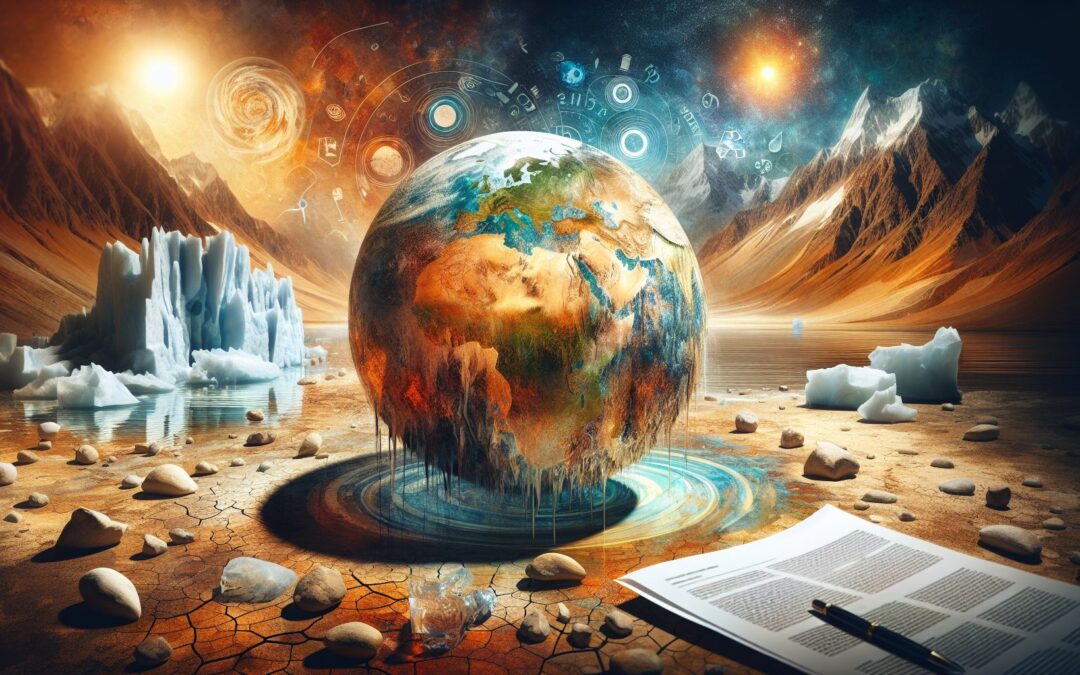Climate change is not a far-off specter. It’s happening now, and it’s having devastating effects on our planet’s most vital resource: water. A landmark study has concluded that global water stress is being significantly exacerbated by climate change, threatening millions of lives and the world’s food supply.
What is Water Stress?
First, let’s establish what we mean by water stress. Water stress occurs when the demand for water exceeds supply or when poor quality restricts its use. Water-stressed areas are those that struggle to provide the population with adequate fresh and clean water, either because of environmental conditions, infrastructure issues, or both.
Water stress can lead to severe consequences for human health, agriculture, and the overall sustainability of a region. As our climate continues to change, the areas of the globe experiencing water stress are projected to increase, with stark implications for human life and biodiversity.
The Study and its Findings
The study in question, a unique collaboration between scientists at the University of California, Santa Barbara, and the United Nations University, analyzed over a thousand major river basins around the globe and their capacity to provide adequate, clean water in the face of a changing climate. The results were sobering.
They found that increasing temperatures and erratic weather patterns are drastically altering water availability worldwide, resulting in intense water stress. The study concludes that population growth, combined with shifts in rainfall patterns and rapidly melting glaciers, is contributing significantly to the strain on water resources, thus exacerbating water stress experienced by those living in these areas[^1^].
Future Projections
The UN estimates that by 2050, at the current rate of climate change, nearly half the world’s population will be living in areas of high water stress[^2^]. This is a chilling projection, underscoring the urgent need for decisive action in mitigating climate change and its effects.
People in dry regions, such as sub-Saharan Africa and the Middle East, will likely bear the brunt of increased water stress. However, the crisis won’t be limited to these areas; even currently water-rich regions, such as Eastern North America and Western Europe, will feel the impact due to a higher incidence of droughts and heatwaves.
Mitigating the Impact
Despite these bleak forecasts, human action can mitigate the predicted increase in global water stress. Climate change is a human-made problem, and it’s within our power to address it. Governments, corporations, and individuals alike must step up efforts to reduce greenhouse gas emissions, implement sustainable practices, and invest in resilient infrastructure.
Adapting to a world with increased water stress also means improving water management strategies. Rainwater harvesting, drip irrigation, water-efficient appliances, wastewater treatment, and other water-saving techniques can help ensure that water resources are used sustainably.
Lastly, empowering communities – particularly those in water-stressed regions – is crucial. Providing education and resources to manage and conserve water can safeguard the local water supply, ensuring survival and quality of life.
Conclusion
It’s clear that climate change is exacerbating global water stress. The implications for human and ecological health are severe and far-reaching. However, we are not helpless in the face of this crisis. Through comprehensive adaptation strategies, we can brace for the coming changes and reduce the impact on the most vulnerable communities.
With collective global action, we can help ensure a future where clean, adequate water is available for everyone, not a privilege for a few.
[^1^]: “Study links climate change to global water scarcity issues”, Tisserand, A., University of California – Santa Barbara, source
[^2^]: “World Water Development Report 2020: Climate change and water”, United Nations, source

